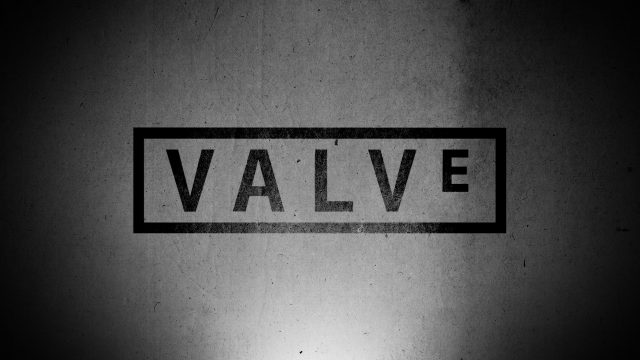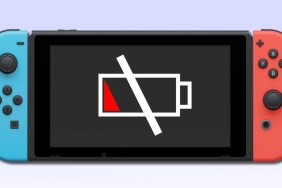Earlier today, the European Commission (EC) spoke on its years-long study examining “anticompetitive practices in e-commerce” within the games industry, reports Gamasutra. Known more simply as geo-blocking, this is when publishers prevent EU citizens from buying games in countries outside their residence. Gamers may do so to find deals outside of their home country. The report accused Valve and five other game makers of geo-blocking. However, the Steam creator is speaking out against any Valve geo-blocking allegations, claiming that it “can’t be responsible for” them.
European Commissioner Margrethe Vestager made a statement on the findings:
“In a true Digital Single Market, European consumers should have the right to buy and play video games of their choice regardless of where they live in the EU. Consumers should not be prevented from shopping around between Member States to find the best available deal. Valve and the five PC video game publishers now have the chance to respond to our concerns.”
Of those six, Valve, Bandai Namco, Capcom, Focus Home, Koch Media, and ZeniMax, Valve is the only one that isn’t just a publisher. In response, Valve claims the EC charges “do not relate to the sale of PC games” on Steam’s platform, specifically. Essentially, they’re saying that because third-parties resell Steam keys, Valve has no reason to region-lock titles. Valve receives no share from third-party sales, and it provides keys to those retailers free of charge.
The region locks that are in place are there due to legality issues, such as with Germany’s content laws. Plus, Valve got rid of any region-locks that weren’t law-bound back in 2015 to appease the EC. In fact, the Half-Life developer claims that removing region locks means that “publishers will likely raise prices in less affluent regions” to avoid gamers buying for cheap in one place and selling for higher somewhere else. Regardless, if there is any case of Valve geo-blocking, they could face massive fines.











